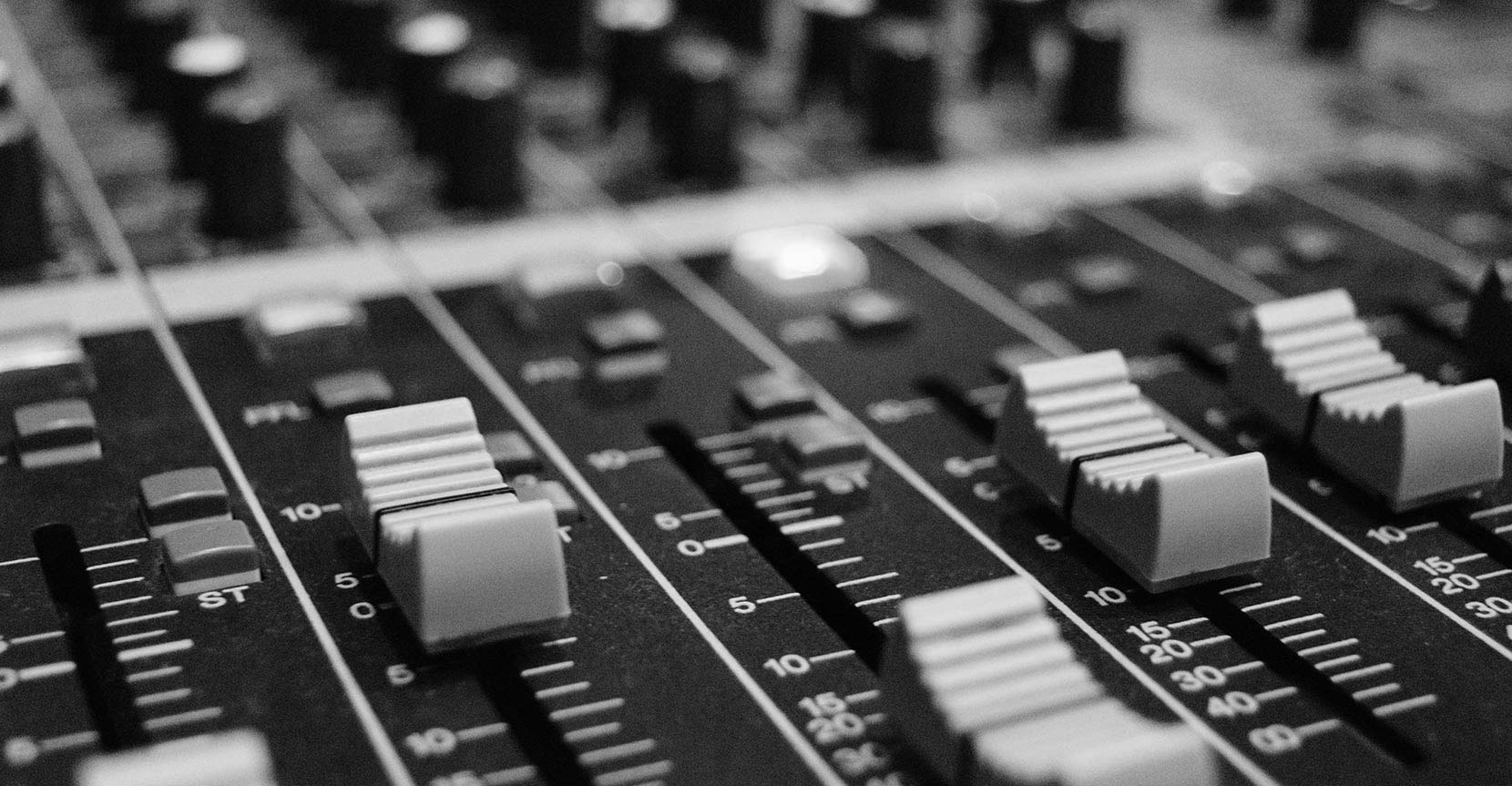-
play_arrow
welkom bij RNL Jouw nummer 1 Radio Station!
-
 play_arrow
play_arrow
Demo Radio Dance Test radio
-
play_arrow
Demo radio pop Test radio channel
-
play_arrow
Techno Radio2 Top Music Radio
Music is a form of art that involves organized and audible sounds and silence. It is normally expressed in terms of pitch (which includes melody and harmony), rhythm (which includes tempo and meter), and the quality of sound (which includes timbre, articulation, dynamics, and texture). Music may also involve complex generative forms in time through the construction of patterns and combinations of natural stimuli, principally sound. Music may be used for artistic or aesthetic, communicative, entertainment, or ceremonial purposes. The definition of what constitutes music varies according to culture and social context.
Greek philosophers and medieval theorists defined music as tones ordered horizontally as melodies, and vertically as harmonies.
If painting can be viewed as a visual art form, music can be viewed as an auditory art form.
The broadest definition of music is organized sound. There are observable patterns to what is broadly labeled music, and while there are understandable cultural variations, the properties of music are the properties of sound as perceived and processed by humans and animals (birds and insects also make music).
Music is formulated or organized sound. Although it cannot contain emotions, it is sometimes designed to manipulate and transform the emotion of the listener/listeners. Music created for movies is a good example of its use to manipulate emotions.
Music theory, within this realm, is studied with the pre-supposition that music is orderly and often pleasant to hear. However, in the 20th century, composers challenged the notion that music had to be pleasant by creating music that explored harsher, darker timbres. The existence of some modern-day genres such as grindcore and noise music, which enjoy an extensive underground following, indicate that even the crudest noises can be considered music if the listener is so inclined.
20th century composer John Cage disagreed with the notion that music must consist of pleasant, discernible melodies, and he challenged the notion that it can communicate anything. Instead, he argued that any sounds we can hear can be music, saying, for example, “There is no noise, only sound,”[3]. According to musicologist Jean-Jacques Nattiez (1990 p.47-8,55): “The border between music and noise is always culturally defined–which implies that, even within a single society, this border does not always pass through the same place; in short, there is rarely a consensus…. By all accounts there is no single and intercultural universal concept defining what music might be.”
Geschreven door ictwebsolution
Cool music EDM Music wp themes Party Singer
contact
Wenst u contact op te nemen met ons dan kan dit zowel telefonisch als via e-mail via onderstaande gegevens.
- RADIO NOORD LIMBURG
- p/a Sint Annastraat 215953 LR Reuver
- +31(0)6 286 813 56
- info@radionoordlimburg.nl
DJ WORDEN?
Dan willen wij graag met jou in contact komen.
Stuur ons je telefoonnummer en/of e-mailadres en wij nemen graag contact met je op.
© 2023 RADIO NOORD LIMBURG | All Rights Reserved | Ontwikkeld door: DJ MARCELINO & qwibs-media


